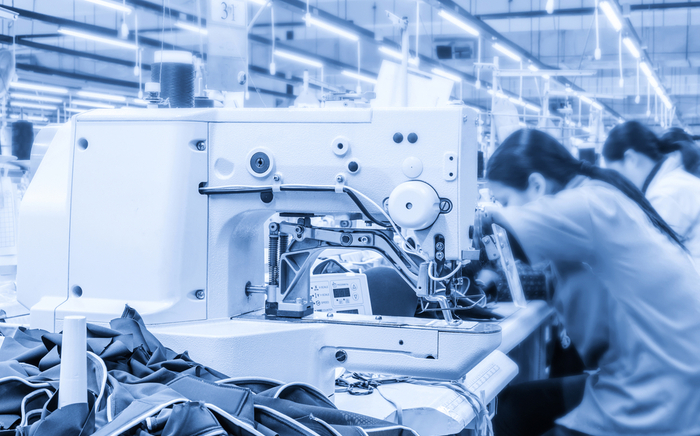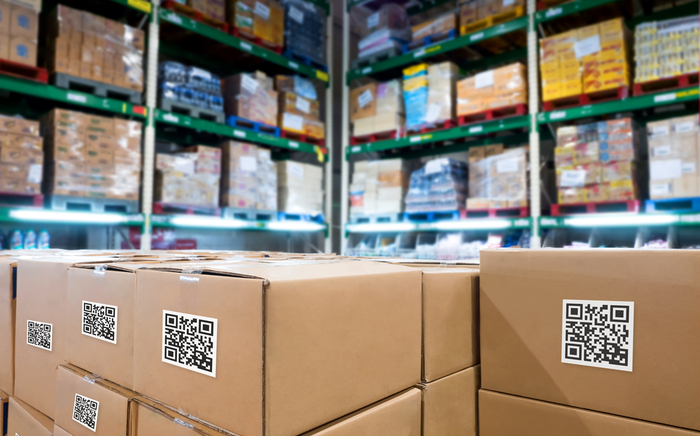The Value of Social Compliance
In the apparel industry, conforming to recognized standards of production is one of the most important steps in order to produce high-quality products while achieving production goals and maximizing profits.Social compliance for garment factories can be difficult to achieve and are sadly not always being implemented in apparel factories around the world, mainly because it costs organizations money to be socially compliant. Additionally, garment factories are located predominantly in developing countries around the globe, such as China, Bangladesh, and India where cheap, forced or child labor often go undetected.
SA 8000 - SOCIAL ACCOUNTABILITY CERTIFICATION
SA 8000 is an international certification standard that encourages organizations to develop, maintain and apply socially acceptable practices in the workplace.
Since its creation in 1989, the Social Accountability International (SAI) organization, an affiliate of the Council on Economic Priorities, is viewed as the most globally accepted independent workplace standard. The SA 8000 standard can be applied to any company, of any size, worldwide.
SA 8000 certification addresses issues including forced and child labor, occupational health and safety, freedom of association and collective bargaining, discrimination, disciplinary practices, working hours, compensation, and management systems.
As well as setting workplace standards worldwide, SA 8000 also embraces existing international agreements, including conventions from the International Labor Organization, the Universal Declaration on Human Rights and the United Nations Convention on the Rights of the Child.
Adopting SA 8000 certification means an organization must consider the social impact of their operations in addition to the conditions under which their employees, partners and suppliers operate. It can be applied to any company, of any size, worldwide. Certifying an organization against SA 8000 with an SGS audit will help it develop and improve social accountability across it’s operations
The 9 SA8000 social compliance requirements are:
Child labor: No children younger than 15 years of age may be employed by a factory.
Forced labor: No person may be employed by a factory if they haven’t offered to do so voluntarily or be forced to work under the threat of punishment or retaliation.
Health and safety: A safe and healthy workplace environment must be provided by the factory who should also prevent any potential health and safety incidents and work related injury or illness from occurring.
Freedom of association and collective bargaining: All staff have the right to form, join and organize trade unions and to bargain collectively on their behalf.
Discrimination: A factory is prohibited from engaging in discrimination in hiring, remuneration, access to training, promotion, termination or retirement.
Disciplinary practices: A factory is prohibited from engaging in or tolerating the use of corporal punishment, mental or physical coercion or verbal abuse of employees.
Working hours: A factory must comply with applicable laws, collective bargaining agreements and industry standards on working hours, breaks and public holidays.
Remuneration: The right of staff to a living wage must be respected by the factory.
Management systems: Compliance must be reviewed and implemented to the SA800 Standard through developed policies and procedures.
BENEFITS OF SA 8000 CERTIFICATION STANDARD
· Proves commitment to social accountability and to treating employees ethically and in compliance with global standards
· Improves the management and performance of supply chain
· Allows to ensure compliance with global standards and reduce the risk of negligence, public exposure and possible litigation
· Supports corporate vision and build and reinforce the loyalty of employees, customers and stakeholders
· Enables to demonstrate proper social accountability when bidding for international contracts or expanding locally to accommodate new business

 Back to Blog
Back to Blog











